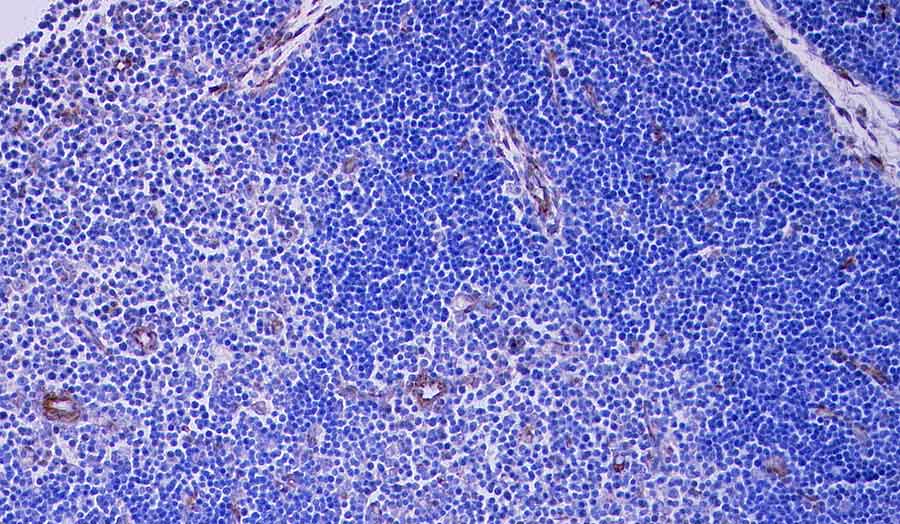As part of the cellular communication field, the study of Extracellular Vesicles (EVs) has come to the fore since the foundation of the International Society for Extracellular Vesicles in 2012. This area has a broad reach in biomedical research, and is rapidly gaining further interest in all areas of the life sciences.
Evaluating EVs’ role in intercellular communication helps us understand disease pathology (for example in cancer as well as infectious, neurodegenerative and autoimmune disease), and to develop therapeutic solutions and contribute to translational outcomes.
These outcomes include therapeutic drug delivery, vaccine development, and more recently new diagnostic tests across a wide range of human diseases. Intercellular communication and EVs are also important in maintaining normal cell physiology, including in membrane repair. The study of EVs in sports science, meanwhile, has more recently burgeoned as an area within the healthy ageing field.
Aims
Cell Communication in Disease Pathology (CDP) will use the wealth of fundamental research gathered in the EV field by Jameel Inal and other members over the past 18 years. The group will now apply this experience through knowledge exchange partnerships with industry and the NHS to find novel therapies and diagnostic tests for infectious, autoimmune, and neurodegenerative diseases, as well as cancer.
To help achieve its research aims, CDP will build on previous successes in the cell communication field. To find practical solutions to specific human disease, CDP will use a range of experimental tools (in-house and through external collaboration), including:
- molecular and biochemical
- gene editing
- systems biology
- structural biology/bioinformatics
- receptor signalling
- cell biology
- cryo-electron microscopy
- mouse models for Chagas, Alzheimer’s/Parkinson’s Disease and enterovirus infection, through external collaborators
- intercellular (EV-based) technologies including isolation and characterisation/cargo analysis (RNA, proteins)
The strength of CDP’s approach is that by understanding the role of intercellular communication in the fundamental molecular and cellular mechanisms underlying human disease, it can develop effective translational therapies. CDP will therefore be actively involved, through its industrial and clinical partners, in bringing about clinical and diagnostic applications. CDP will also train and supervise the next generation of research scientists.

Theme Leader
Members
Dr Sarah Alokozai
Dr Roberta Cordeiro
Assoc. Prof. Sheelagh Heugh
Dr Samireh Jorfi
Dr Eirini Meimeridou
Dr Anfal Sharif
Prof. Kenneth White
PhD students (M. Abdullahi; M. Ragupalan; D. Brotherton; V. Parthalal; S. Hashemi; S. Zaheer)
Associate Members
Prof. Samuel Antwi-Baffour PhD (Accra, Ghana)
Dr Sharad Kholia (Imperial, London)
Prof. Marcel Ramirez PhD (Curitiba, Brasil)
